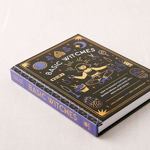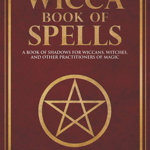FREE: The Witch of Black Bird Pond

A member of Listia gave this away for free!
Do you want FREE stuff like this?
Listia is 100% Free to use
Over 100,000 items are FREE on Listia
Declutter your home & save money

"Listia is like EBay, except everything is free" - Los Angeles Times

"An Awesome Way To Give And Get Free Stuff" - Michael Arrington, TechCrunch
This Stuff is Free Too:

FREE

FREE

FREE

FREE

FREE
The listing, The Witch of Black Bird Pond has ended.
Free shipping!In acceptable condition.
The Witch of Black Bird Pond is in the Books | Fiction Books category

